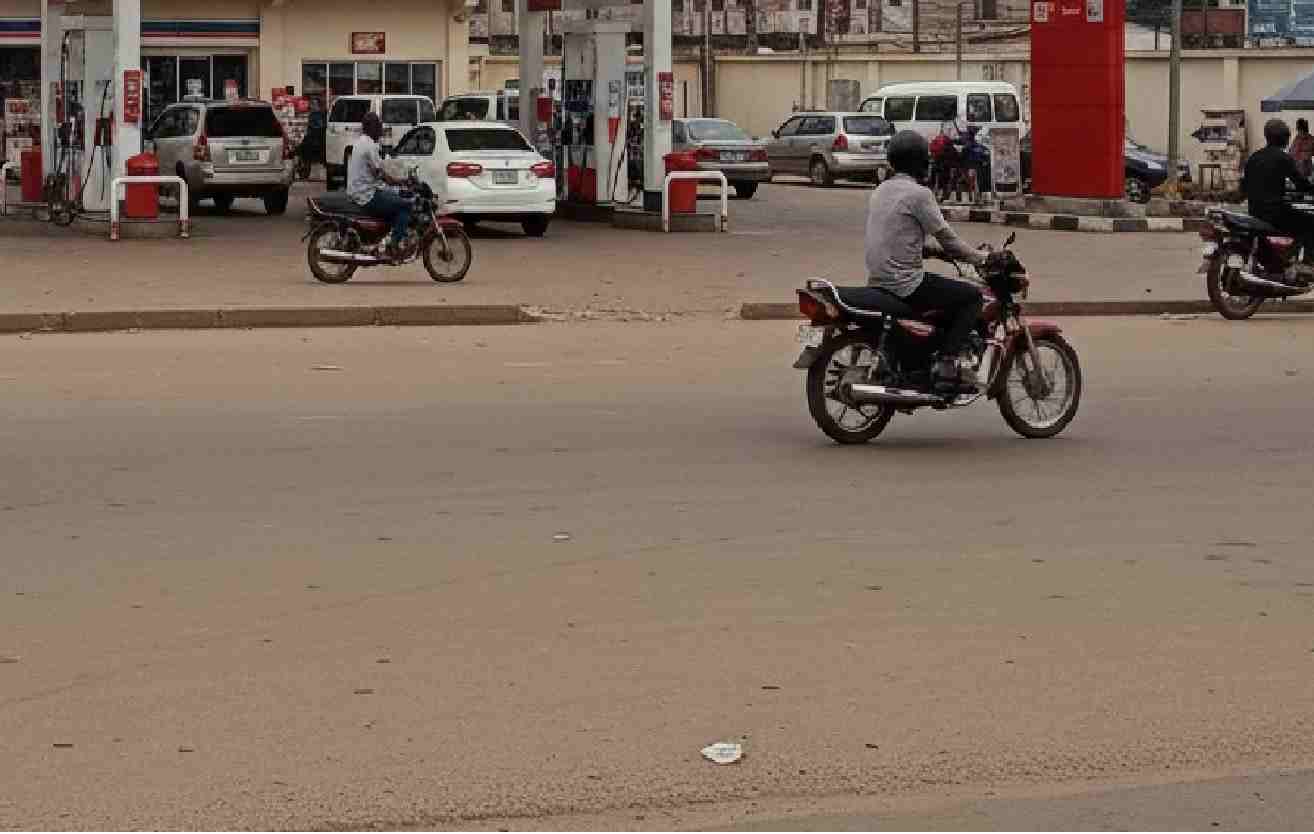As Nigeria pushes for cleaner and cheaper fuel alternatives, Compressed Natural Gas (CNG) is emerging as a cost-saving option for drivers.
One cubic metre of CNG, energy-equivalent to about 1 litre of petrol, costs roughly ₦230–₦500, significantly lower than petrol, which currently sells at ₦865–₦890 per litre. For a typical small car, this translates to monthly fuel savings of ₦17,000–₦25,000 — a substantial sum for the average commuter.
Yet, despite the clear financial advantage, most Nigerians still rely on petrol. Experts point to availability as the main reason. Petrol stations are widespread, reaching towns and rural areas where CNG infrastructure has yet to expand.
By contrast, CNG stations are concentrated in major cities such as Lagos, Abuja, and Port Harcourt, limiting accessibility for everyday drivers.
Vehicle compatibility is another factor. Standard cars run on petrol without modification, while switching to CNG requires vehicle conversion kits, an upfront investment some drivers are reluctant to make.
Additionally, consumer habits and convenience play a role. Decades of petrol use have built strong routines around refueling, maintenance, and travel planning.
Moving from Petrol to CNG
With its revitalisation with the Presidential Compressed Natural Gas Initiative (PCNGI) launched in 2023, the government aims to promote CNG adoption. It expects to achieve this through concessionary pricing, support for conversions, and investment in station networks.
- New Decision for Maryam Sanda as She Gets 12 Years

- China-Nigeria Sign $400m Deal to Boost Steel Production

- Ramping up Renewables in Nigeria After UN Emission Report

However, analysts say a gradual approach is necessary. While affordability is attractive, practicality, accessibility, and reliability remain decisive for most motorists.
In the end, while CNG offers significant savings and environmental benefits, petrol remains the default choice for Nigerians — at least until gas infrastructure catches up and vehicle conversions become more common.







